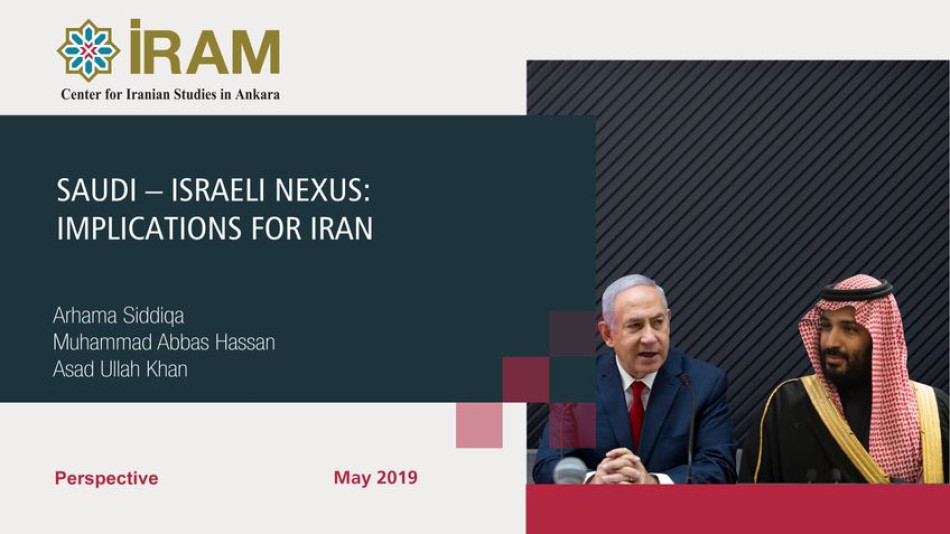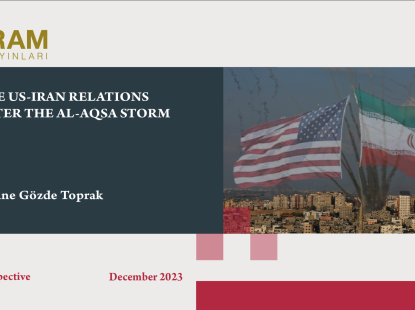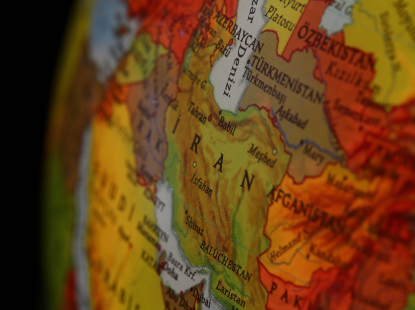Saudi-Israeli Nexus: Implications for Iran
The world has transformed dramatically over the last decade, which has necessitated a change of strategy for many countries. Moreover, the realist school of thought which talks about power and security has become more pronounced in the contemporary international order. Even though globalization has entailed interdependence, the fact remains that anarchy cannot be eclipsed and the notion that today’s friends can be tomorrow’s enemies perseveres. While military alliances are usually created to serve as a deterrent against a common threat, groupings and alignments have surfaced for economic gains and to deliver political interests. The Middle East is a prime example of alliance formations and rapprochements. An example is the US relationship with the YPG forces in Syria. While the US has declared the PKK in Turkey to be terrorists, it has been fighting on the ground in Syria alongside the YPG forces against the Islamic State (IS). Some may call this being hypocritical, others would call it practical.













